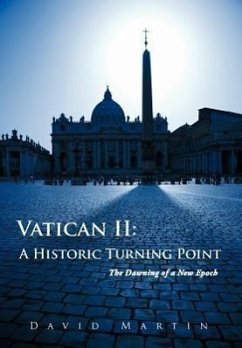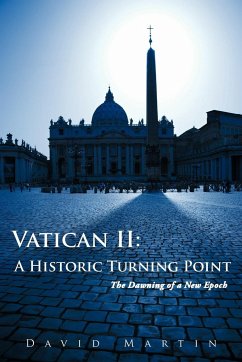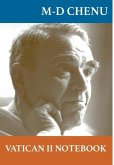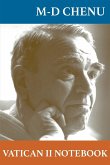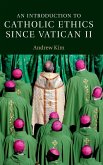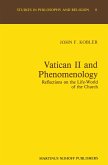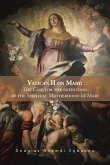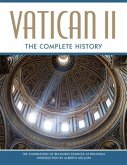After years of mounting controversy over the conciliar reform a book finally emerges to set the record straight about Vatican II and how it was used by progressives to change the course of Church history. This fast moving book shows what happened at the Council and how it opened the way for a new ecumenical movement not tied with the religion of the past. It shows how progressives hijacked the opening session and how they scrapped Pope John's plan for Vatican II, and how they used the liturgy as a tiller to navigate Peter's Bark onto a new and dangerous course. It also provides the gist of the long awaited Third Secret of Fatima, and reveals the "Deception of the Century" concerning Pope Paul VI and what he endured at the hands of Vatican bureaucrats. Riveting, Hard-hitting, and bound to captivate! A must read for anyone concerned with the Church! As we tread in the shadows of the great ecumenical Council it is expedient to understand our condition and this book will dispel any doubt and place everything in focus that we may recognize the times and approach them with courage, peace and light.

